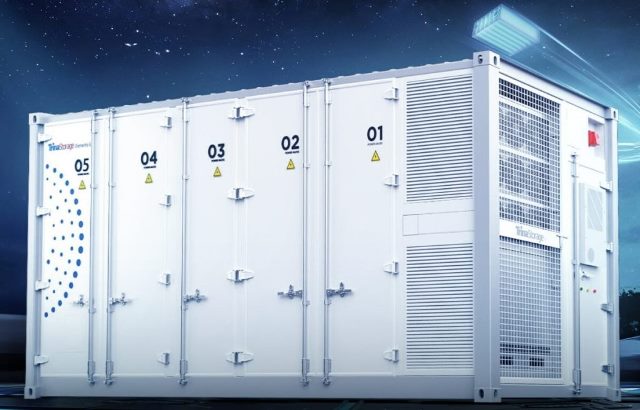Here’s a quick glance at the recent announcements in energy storage industry.
Brenmiller Energy raises $1.05 Mn in private placement
Brenmiller Energy,a provider of thermal energy storage (TES) solutions, announced it has closed a private placement with an existing institutional investor, raising 1.05 million dollars.
Brenmiller Energy sold 1,000,000 shares at 1.05 dollar each in the private placement. This was 52% higher than the August 2, 2024, closing price of 0.69 dollar and 33% higher than the $0.79 closing price on December 3, 2024, when the deal closed.
Ace Green Recycling to merge with Athena Technology Acquisition Corp II
Ace Green Recycling, a provider of battery recycling technology and Athena Technology Acquisition Corp II (ATAC II), announced that they have signed a business combination agreement. Under the agreement, a subsidiary of ATAC II will merge with Ace, making Ace a wholly-owned subsidiary of ATAC II, with Ace’s operations becoming the operating business of the combined entity.
Ace Green Recycling recovers critical battery materials from lead and lithium-ion batteries using modular and electrified technology. The process produces no emissions, toxic water, or waste. Ace provides recycling solutions without smelting or thermal processes. It operates facilities in India (lithium-ion since 2023) and has licensed its technology to ACME Metal in Taiwan (lead since 2024). The company plans to build a plant in the United States and has processed over three million pounds of batteries in India and Taiwan.
Trina Storage and TÜV NORD highlight safety of energy storage systems
Trina Storage, a provider of energy storage products, has announced a White Paper on the Safety and Reliability of Energy Storage Systems, co-authored with TÜV NORD.
The white paper emphasizes the role of electrochemical advancements in enhancing battery safety. Through in-depth failure analysis and adherence to rigorous testing standards (GB/T 36276, UL 1973, IEC 62619, and UL 9540A), the design ensures resilience against extreme mechanical, electrical, and thermal conditions.
A robust quality management system encompassing R&D, production, and after-sales is highlighted as critical for system reliability. Rigorous simulations during development and strict process controls during manufacturing are recommended to mitigate risks and maintain performance.
The document advocates for stringent testing and third-party validation to reinforce safety measures. Detailed protocols aim to preemptively identify risks and implement mitigation strategies to ensure consistent, real-world reliability.

